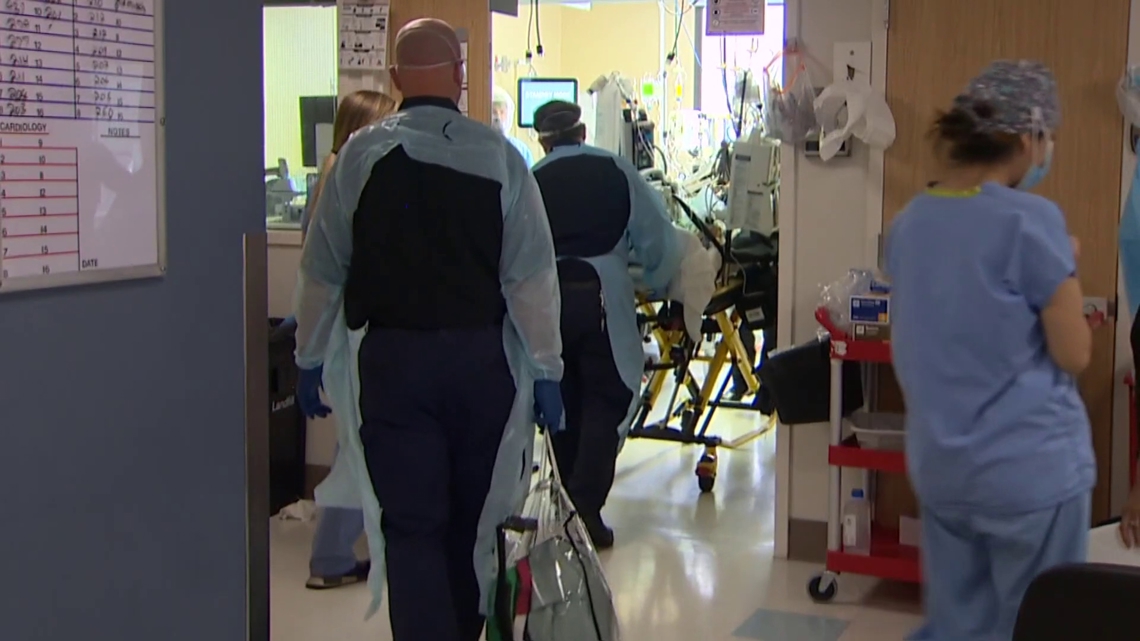The leader of an association of nearly 40,000 emergency physicians and healthcare workers told KING 5 Tuesday she is deeply concerned.
SEATTLE — A pivotal vote in the House of Representatives is expected by Thursday on President Donald Trump’s sweeping spending and tax proposal — a measure dubbed the “Big Beautiful Bill.” The Senate approved the legislation on Tuesday, pushing it one step closer to becoming law despite mounting criticism over its projected cuts to Medicaid.
Supporters of the bill say it will streamline federal spending, revamp entitlement programs, and sharpen Medicaid’s focus on the most vulnerable. But healthcare advocates — particularly those in emergency medicine — are raising red flags, warning the legislation could overwhelm already strained emergency rooms and leave millions uninsured.
“I talk to colleagues in the Washington area all the time,” said Dr. Alison Haddock, who grew up in Bellevue and is the president of the American College of Emergency Physicians (ACEP). She said most emergency departments are “overcrowded and don’t have funding to work to expand that capacity.”
Haddock said the ACEP is concerned about deep cuts to Medicaid, the federal-state insurance program for low-income Americans. Under the bill, the Congressional Budget Office estimates that 11.8 million people could lose coverage over the next decade.
“Seeing major cuts that would leave millions more people uninsured are very concerning to us,” said Haddock.
In Washington state, about one in four residents rely on Medicaid, also known locally as Apple Health. Haddock warns that patients without coverage are more likely to skip preventative care — putting more pressure on emergency departments when manageable conditions spiral into crises.
“If that patient doesn’t refill their blood pressure and diabetes medicine and their diabetes gets out of control, they may end up needing an ICU admission for a diabetic emergency,” she said. She said that is “care that otherwise could have been provided in the outpatient setting.”
Outside a local ER Tuesday, a woman named Anne had just brought in someone needing emergency care.
“They said there’s about an hour-and-a-half wait,” she said, frustrated. “It’s just a systemic issue, you know?”
Haddock agrees, saying emergency departments are increasingly the healthcare safety net, and that Medicaid cuts would only make a dire situation worse.
“Losing insurance is associated with increasing mortality,” said Haddock.
Proponents of the legislation argue that Medicaid should not be a catch-all insurance program, and that that money could be more wisely spent. Still, the debate underscores a deep divide over the role of government in healthcare.
The House vote is expected by Thursday.
